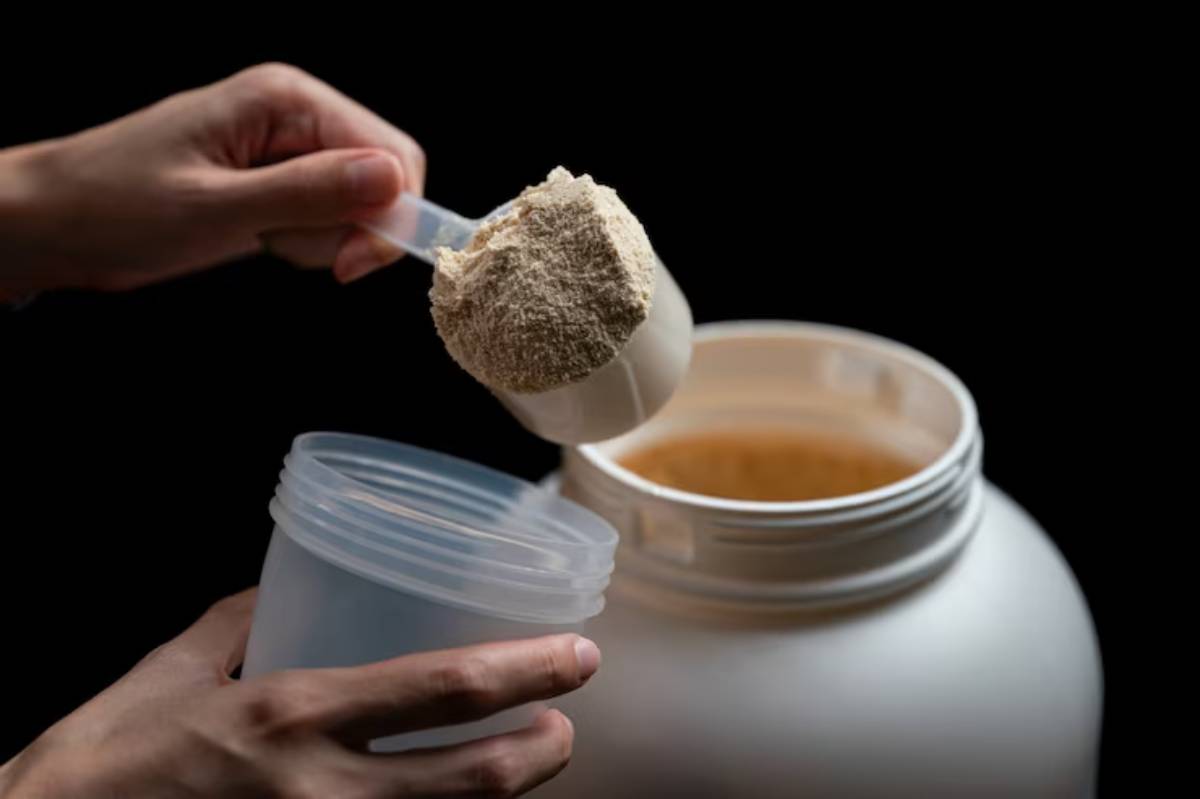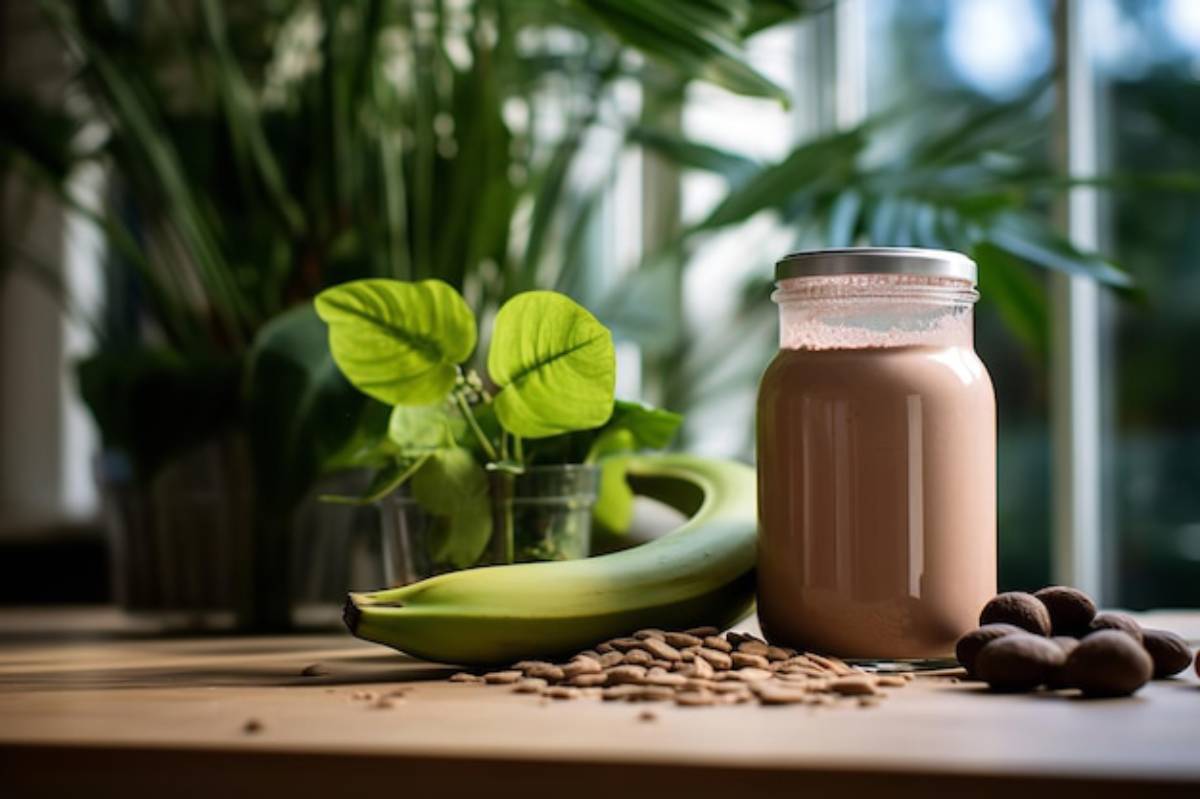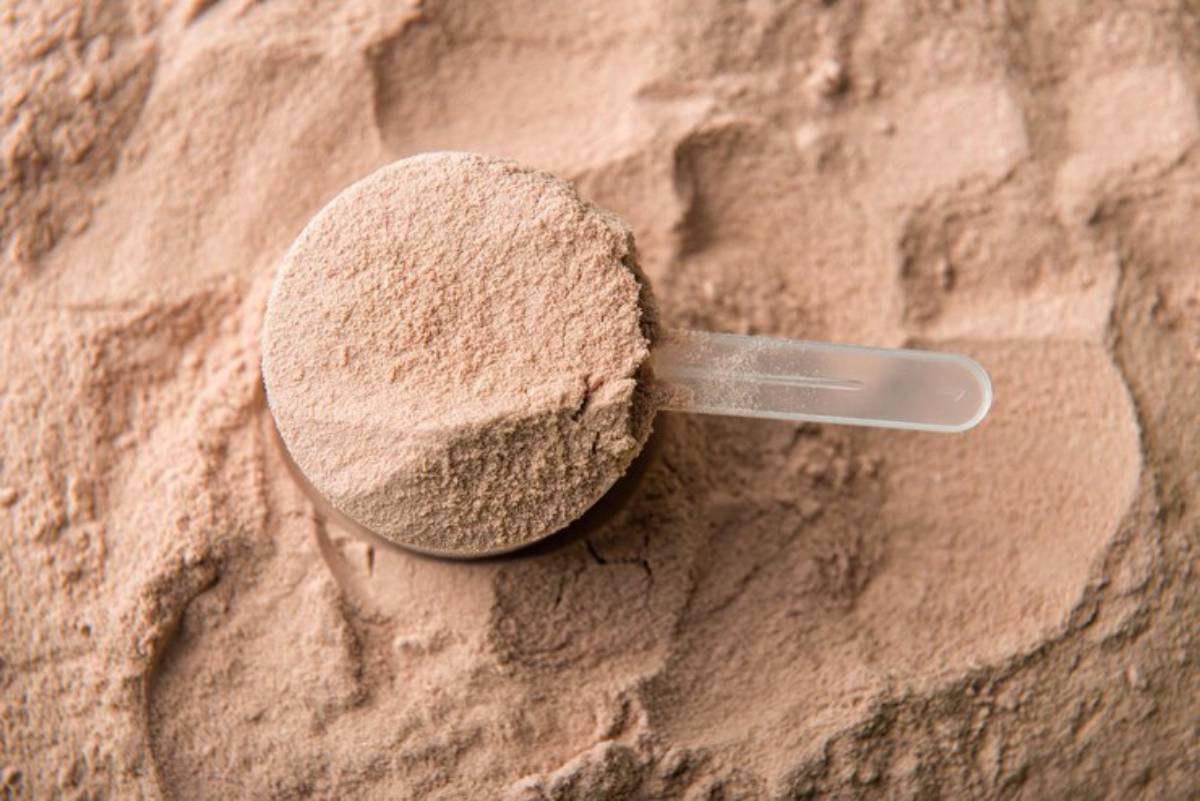
How to Choose the Right Protein Powder
Let’s be honest—choosing the best protein powder can feel like navigating a minefield. You’ve got whey, casein, soy, pea, rice, hemp, egg and that’s just the start. Whether you’re a beginner chasing your first gains or a seasoned lifter trying to perfect your supplement stack, the world of protein powders can get overwhelming fast.
But don’t worry, you’re not alone. We’ve all been there, holding up two tubs at the shop, thinking, Which one’s actually right for me?
This protein supplement guide is here to make sense of the chaos. We’ll break down the different types, help you match the right protein to your specific goals, and flag common pitfalls to avoid. Whether your focus is building lean muscle, boosting recovery, or supporting a vegan diet, you’ll walk away with clarity and confidence.
Let’s unpack the powder, shall we?
Why Protein Powder Matters for Muscle and Health
The Foundation of Muscle Mass
Protein is the building block of your muscles. Without enough of it, your body can’t effectively repair and build new muscle tissue after workouts. While whole foods are the gold standard, protein powders offer.
- Convenience: Quick to prepare and consume
- Precision: Easy to measure your intake
- Bioavailability: Often rapidly absorbed by the body
Protein powders are a worthy investment for anyone pursuing muscle growth, recovery, or even improved body composition.
Know Your Goal: Different Powders for Different Outcomes
Before picking a product, ask yourself What am I trying to achieve? Here are the most common fitness goals and the types of protein powders best suited for each.
1. Muscle Gain / Bulking
Best choice: Whey protein concentrate or isolate
Why: Rich in essential amino acids (especially leucine), fast-digesting, supports rapid recovery and muscle protein synthesis.
2. Fat Loss / Cutting
Best choice: Casein protein or whey isolate
Why: High satiety factor, slow digestion keeps you fuller longer; low-carb options available
3. Meal Replacement
Best choice: Protein blends (whey + casein or plant-based mixes)
Why: Provides sustained energy and a full amino acid profile
4. Vegan / Dairy-Free Lifestyles
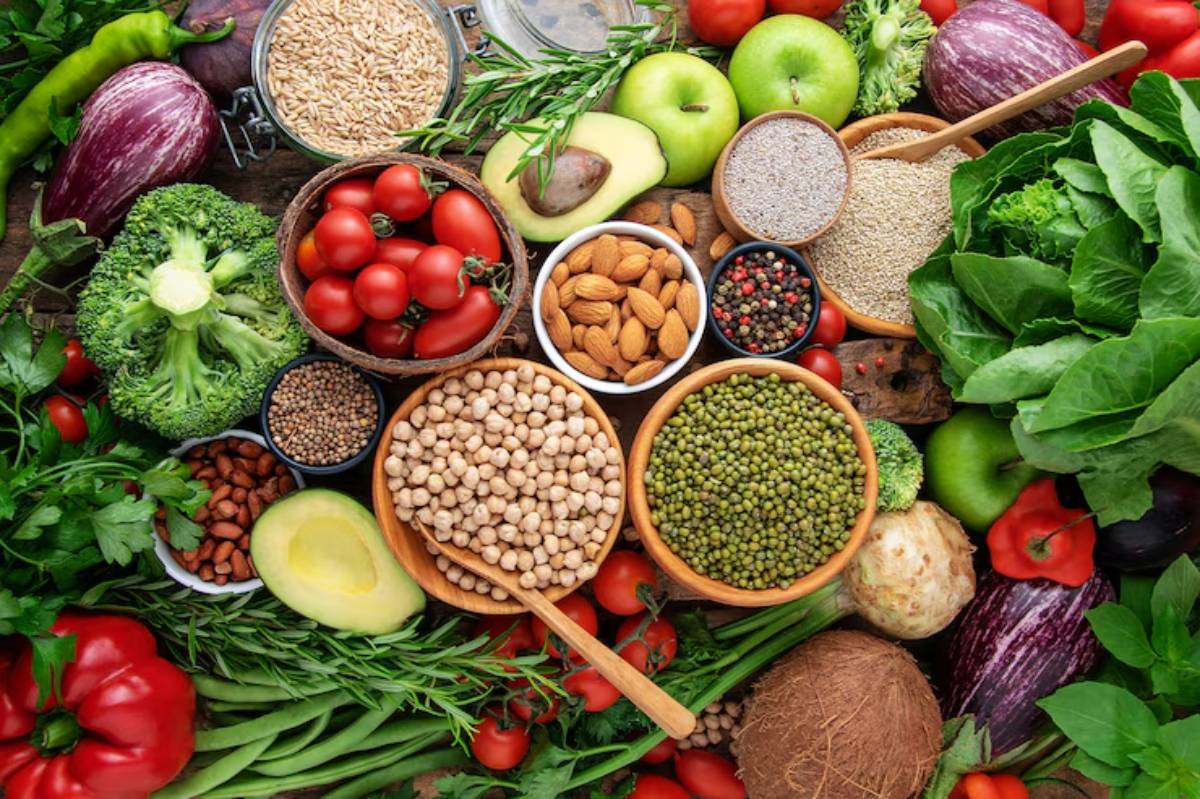
Best choice: Pea, rice, hemp, soy, or vegan protein blends
Why: Plant-based, allergen-friendly, nutrient-rich
A Deep Dive into Protein Types
Whey Protein
- Source: Dairy (by-product of cheese making)
- Digestion: Fast
- Ideal for: Post-workout recovery
Variants:
- Concentrate: Cheapest, contains lactose and fats
- Isolate: Higher protein, minimal lactose
- Hydrolysate: Pre-digested for even faster absorption
Pros:
- Rich in BCAAs (especially leucine)
- Quickly absorbed
- Widely available and cost-effective
Cons:
- Not suitable for lactose-intolerant individuals
Casein Protein
- Source: Dairy (slow-digesting counterpart to whey)
- Digestion: Slow (up to 7 hours)
- Ideal for: Night-time use
Pros:
- Great for overnight muscle repair
- Reduces muscle breakdown
Cons:
- Not ideal immediately post-workout
- Can feel heavier on digestion
Soy Protein
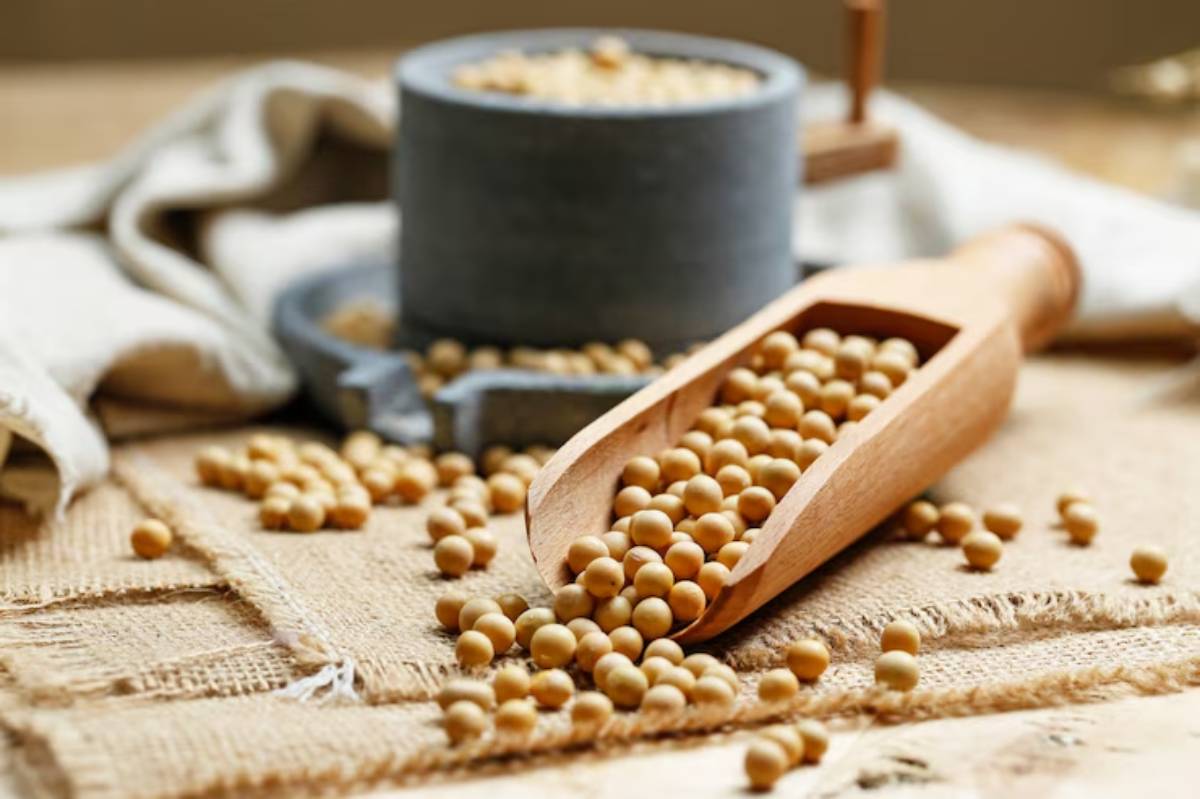
- Source: Soybeans
- Digestibility: Moderate
- Ideal for: Vegetarians and vegans
Pros:
- Complete protein (has all 9 essential amino acids)
- Rich in glutamine and arginine (good for recovery)
Cons:
- Controversial due to phytoestrogens
- Allergen for some people
Pea Protein
- Source: Yellow split peas
- Digestibility: Moderate
- Ideal for: Vegan diets, allergy-prone users
Pros:
- Hypoallergenic
- Good amino acid profile (though low in methionine)
Cons:
- May be gritty in texture
Rice Protein
Source: Brown rice
Digestibility: Slow to moderate
Pros:
- Hypoallergenic
- Great when blended with pea for a full profile
Cons:
- Incomplete protein on its own
Hemp Protein
Source: Hemp seeds
Pros:
- Contains omega-3s and fibre
- Easy on digestion
Cons:
- Lower in protein per serving
- Earthy taste is not for everyone
Want to decode labels like a pro? Check out How to Read a Supplement Label Like a Pro.
Egg White Protein

Source: Egg whites
Pros:
- Complete, bioavailable
- Good for dairy-free consumers
Cons:
- Expensive
- Not suitable for vegans
Ingredient Watch: What to Look for on the Label
When scanning your tub of protein, keep an eye on these components:
Must-Haves:
- Protein per scoop: Aim for at least 20g
- Amino acid profile: Check for leucine, isoleucine, valine
- Low sugar: Less than 3g is a safe bet
Avoid:
- Proprietary blends: Vague, unclear amounts of ingredients
- Artificial sweeteners: Look for natural options if you’re sensitive
- Fillers & thickeners: Such as maltodextrin or carrageenan
When and How to Take Your Protein Powder
Best Times to Consume:
- Post-workout: Whey or soy for quick absorption
- Before bed: Casein or a slow-digesting blend
- With meals: Mixed or plant-based proteins for balance
Tips for Use:
- Mix with water for lean goals, milk for added calories
- Add to oats or smoothies for flavour and nutrients
- Use as part of a stack with creatine or BCAAs
Need help combining protein with your stack? Don’t miss The Ultimate Muscle Building Supplement Stack.
Real-World Tips from Everyday Lifters
Chris (32, CrossFitter)
“I alternate between whey after workouts and casein before bed. My recovery improved dramatically once I added that second shake.”
Maya (27, Vegan Lifter)
“I love mixing pea and rice protein—the texture works, and I feel stronger without digestive issues.”
Tom (45, Busy Dad)
“Protein shakes help me hit my macros on a tight schedule. I use isolate in the morning and a blend for lunch.”
Matching Protein to Lifestyle Needs
| Lifestyle | Recommended Type |
| Lactose-intolerant | Whey isolate, pea, rice |
| Vegan | Pea, rice, soy, hemp |
| Weight loss | Casein, whey isolate |
| Muscle gain | Whey concentrate, casein combo |
| Time-starved | Ready-to-drink or instant mixes |
Common Mistakes to Avoid
- Over-relying on protein powder
It should supplement, not replace, whole food protein. - Choosing based on hype, not need
Just because it’s trendy doesn’t mean it suits your goal. - Ignoring digestion or allergies
Pay attention to how your body reacts. Gas, bloating or fatigue? It might be your protein powder.
Final Thoughts: Your Protein, Your Power
Choosing the right protein powder isn’t about following the latest trend—it’s about aligning your supplement with your goals, preferences, and values.
Remember, the best protein for muscle mass isn’t always the one with the flashiest label, but the one that delivers what your body needs, when it needs it.
Whether you’re chasing gains, trimming fat, or maintaining strength, there’s a powder that can work with you, not against you.
Ready to Upgrade Your Protein Game?
Have you tried a few powders already? Have you found one that works best for you? Let us know in the comments!
And for help putting it all together, read our practical guide on How to Create a Muscle Gain Supplement Stack.
Don’t forget to subscribe to our newsletter for more gym-tested advice, supplement tips, and muscle-building strategies.
